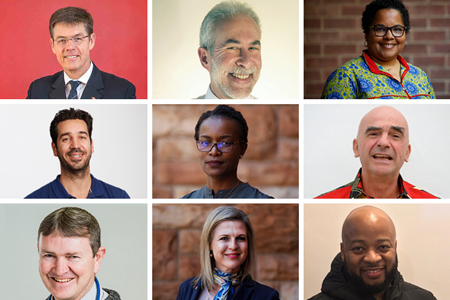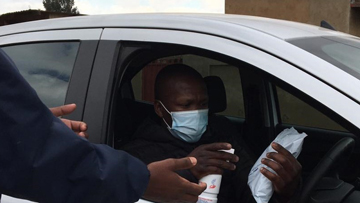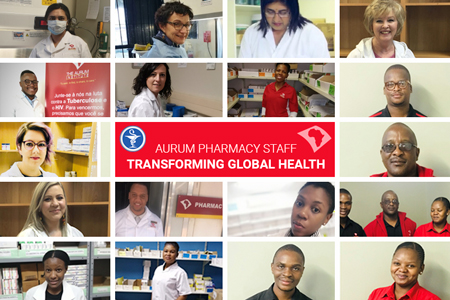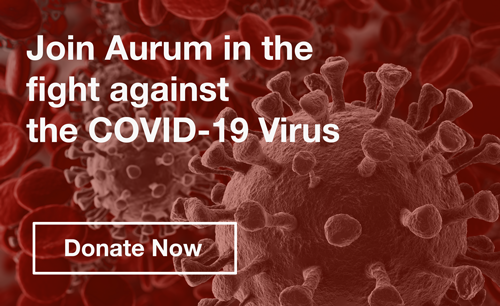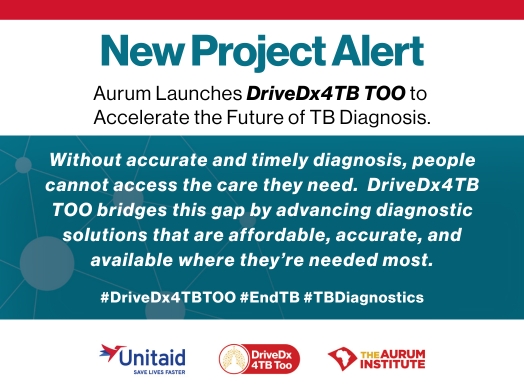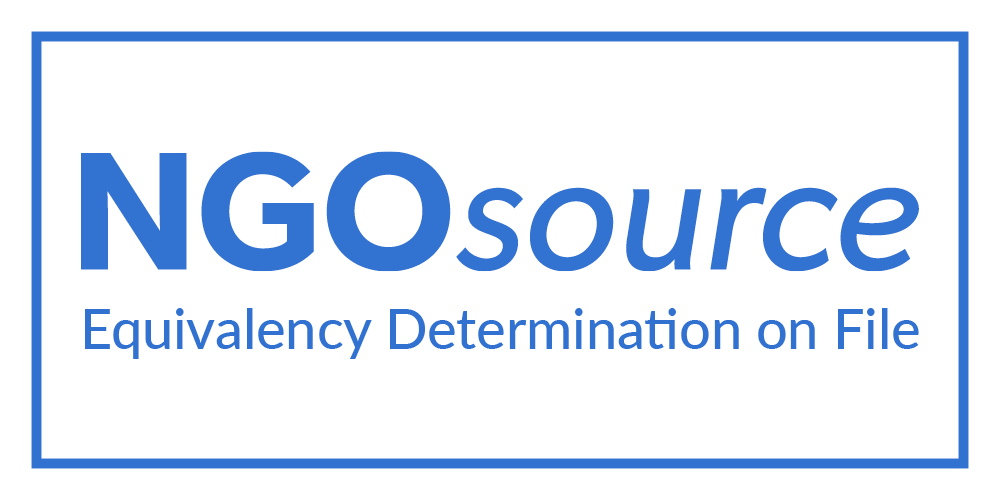Lagos, Nigeria, May 9, 2024 - The Aurum Institute participated in the 2024 Industry Engagement Forum, themed “Unlocking Healthcare Value Chains and Driving Investment through Partnerships: Accelerating Equitable Access to Quality-Assured Sustainable Health Products,” which took place from May 7-9, 2024, in Lagos, Nigeria. More than 300 participants were scheduled to attend the forum, which aimed to accelerate equitable access to urgently needed health products through collaborative partnerships, and to facilitate investment opportunities as interventions to expand pharmaceutical manufacturing.
Present at the forum, Aurum’s Market Access Director, Makaita Gombe, articulated, “The Aurum Institute, with its rich clinical and implementation research and market access capabilities, sees this drive as pivotal to improving access to life-saving innovations for the health of future generations. One area that needs strengthening is the translation of innovator products to be fit for purpose when developing generics and technology transfer and development of local innovations from research and academic institutions that respond to African needs and the local context.”

The forum was co-convened by the African Development Bank (AfDB), the International Finance Corporation (IFC), and the global health organisation Unitaid in association with Nigeria’s Presidential Initiative on Unlocking Healthcare Value Chains (PVAC). The initiative reflected a strategic move to unlock billions in new investments and reshape Nigeria’s and Africa’s healthcare landscape through multifaceted partnerships and substantial financial commitments.
While Africa shouldered 25% of the world’s disease burden – including major infectious diseases like HIV, tuberculosis, and malaria – more than 95% of the active pharmaceutical ingredients and 70% of the pharmaceuticals consumed on the continent were imported. This left countries vulnerable to price volatility, supply chain disruptions, or unavailability of essential health products, particularly during periods of supply scarcity in the face of surges in regional or global demand or after climate-related shocks or extreme weather events.

Stakeholders leveraged the expertise of players who had developed products and enhanced capabilities in innovation, research, development, and manufacturing, using this foundation to bolster regional manufacturing. Unlocking development and climate finance opportunities was crucial to supporting the end-to-end value chain in health. This effort directly aligns with Aurum's mission of generating evidence for policy and translating policy into practice to positively impact the health of communities globally.




